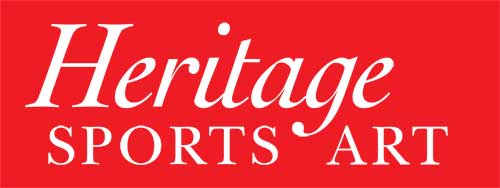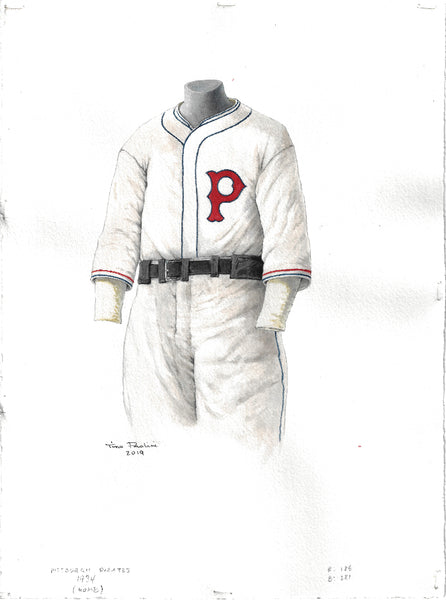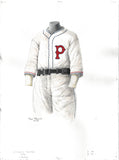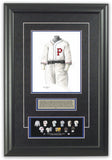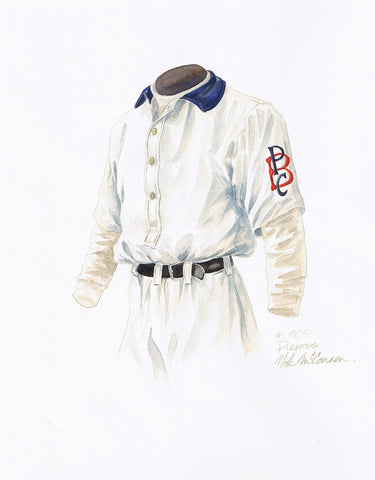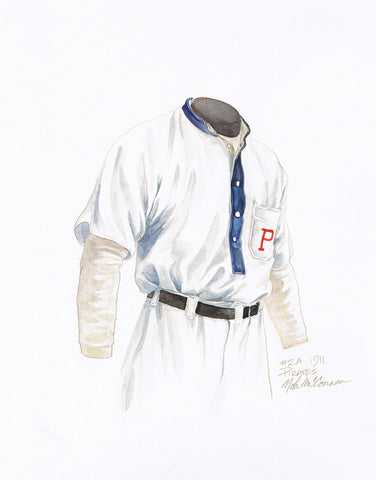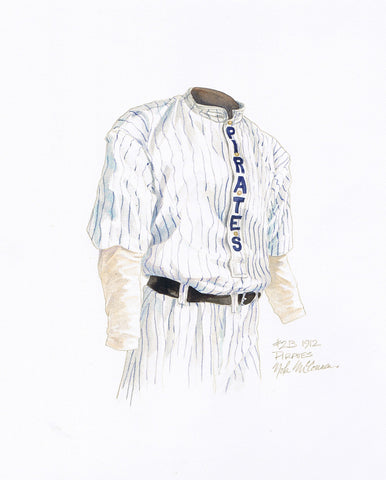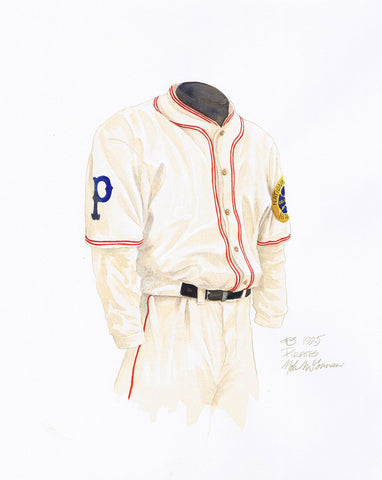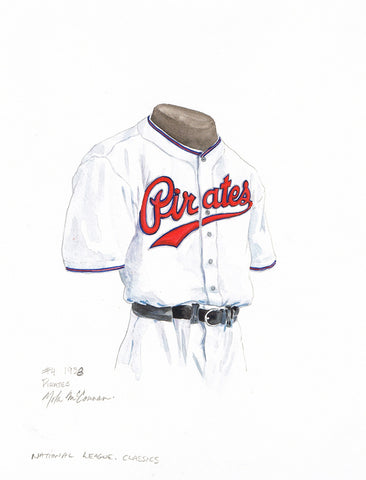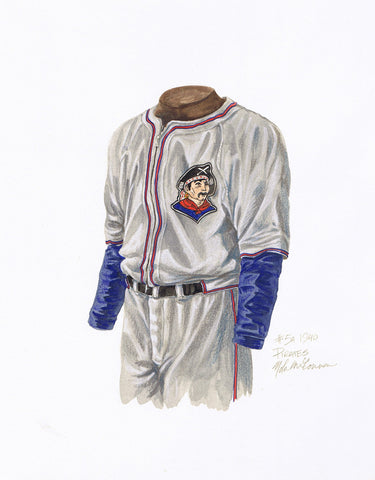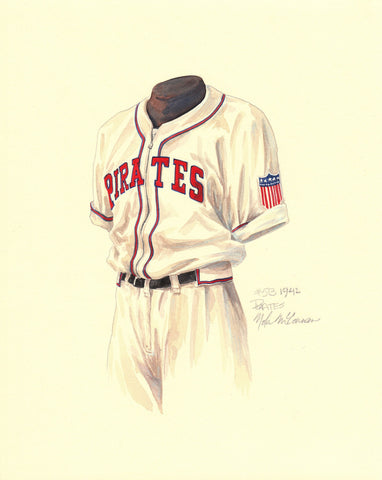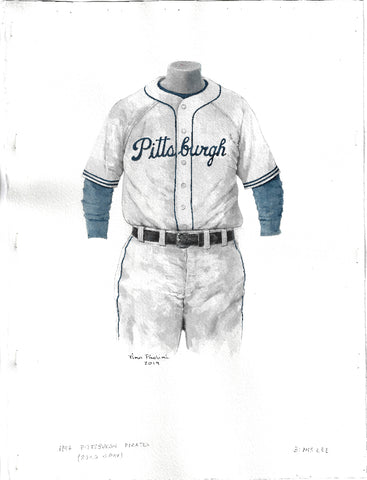Pittsburgh Pirates 1934
Previous Product Next ProductTino Paolini
1 in stock
Watercolor Painting
Tino Paolini
This beautifully framed piece features an original piece of watercolor artwork glass-framed in an attractive two inch wide black resin frame with a double mat. The outer dimensions of the framed piece are approximately 17” wide x 24.5” high, although the exact size will vary according to the size of the original piece of art.
...This beautifully framed piece features an original piece of watercolor artwork glass-framed in an attractive two inch wide black resin frame with a double mat. The outer dimensions of the framed piece are approximately 17” wide x 24.5” high, although the exact size will vary according to the size of the original piece of art.
At the core of the framed piece is the actual piece of original artwork as painted by the artist on textured 100% rag, water-marked watercolor paper. In many cases the original artwork has handwritten notes in pencil from the artist (be sure to “See the actual artwork without the frame” elsewhere in this website). Simply put, this is beautiful, one-of-a-kind artwork.
The outer mat is a rich textured black acid-free mat with a decorative inset white v-groove, while the inner mat is a complimentary colored acid-free mat reflecting one of the team’s primary colors. The website image of this framed piece shows the mat color that we suggest (Yellow), but since each piece is custom framed, we are happy to use whatever color mat you wish (depending on availability) – our standard mat colors are:
Light Blue / Dark Blue / Brown / Maroon (close to brown) / White / Silver / Gold / Yellow (bright yellow) / Green (dark green) / Orange / Purple / Red (bright red, somewhat close to PMS 186)
Beneath the artwork is a silver plate with black text describing the original artwork. The text for this piece will read:
This original, one-of-a-kind watercolor painting of the 1934 Pittsburgh Pirates uniform is the original artwork that was used in the creation of this Pittsburgh Pirates uniform evolution print and tens of thousands of other Pittsburgh Pirates products that have been sold across North America. This original piece of art was painted by artist Tino Paolini for Heritage Sports Art Inc.
Beneath the silver plate is a 3” x 9” reproduction of a well known, best-selling print that celebrates the history of the team. The print beautifully illustrates the chronological evolution of the team’s uniform and shows you how the original art was used in the creation of this print. If you look closely, you will see that the print features the actual artwork being offered for sale. The 3” x 9” print looks like this:
The piece is framed with an extremely high quality framing glass. We have used this glass style for many years with excellent results. We package every piece very carefully in a double layer of bubble wrap and a rigid double-wall cardboard package to avoid breakage at any point during the shipping process, but if damage does occur, we will gladly repair, replace or refund. Please note that all of our products come with a 90 day 100% satisfaction guarantee.
Each framed piece also comes with a two page letter signed by Scott Sillcox describing the history behind the art. If there was an extra-special story about your piece of art, that story will be included in the letter. When you receive your framed piece, you should find the letter lightly attached to the front of the framed piece.
If you have any questions, at any time, about the actual artwork or about any of the artist’s handwritten notes on the artwork, I would love to tell you about them. Simply email me, Scott Sillcox, at scott@heritagesportsart.com and I will tell you everything I can about your original piece of art. The artists and I spent well over ten years of our lives creating these pieces of original artwork, and in many cases there are stories I can tell you about your actual piece of artwork that might add an extra element of interest in your one-of-a-kind purchase.
Please note that all reproduction rights for this original work are retained in perpetuity by Major League Baseball unless specifically stated otherwise in writing by MLB. For further information, please contact Heritage Sports Art at questions@heritagesportsart.com .
